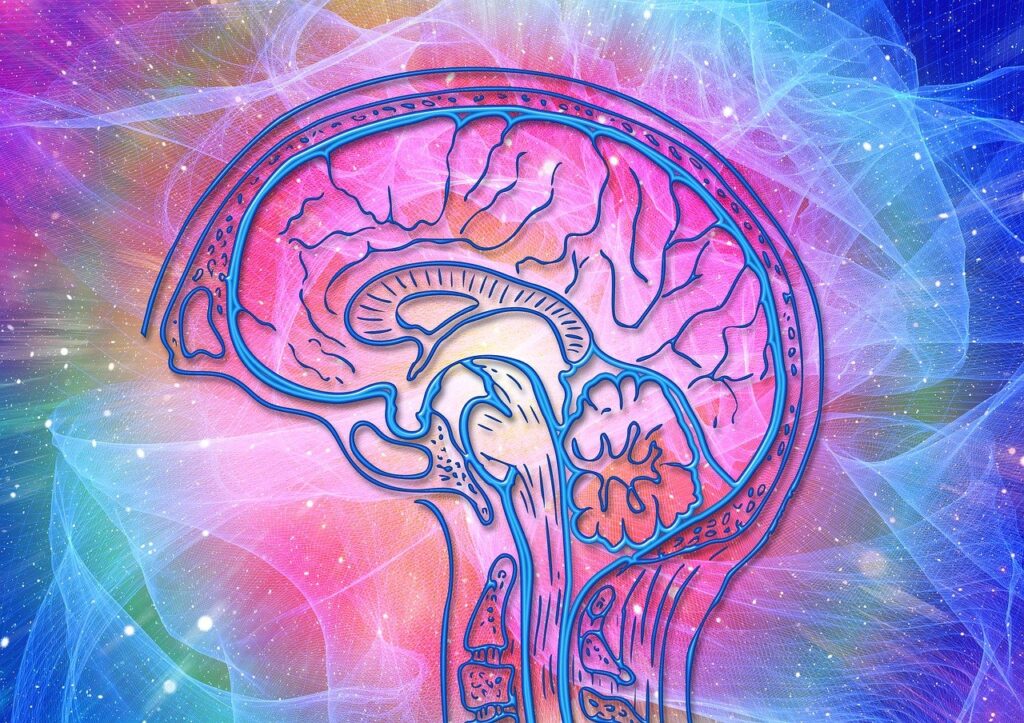Introduction:
Depression can be an isolating and debilitating experience, characterized by overwhelming feelings of sadness, worthlessness, and despair. While traditional treatments such as therapy and medication play a crucial role in managing depression, there’s another potent tool that often goes overlooked: self-compassion. In this blog post, we’ll explore the transformative power of self-compassion in depression recovery, offering insights, techniques, and practical strategies to cultivate self-compassion and embark on a journey of healing and self-discovery.
Understanding Depression and Self-Compassion:
Depression is more than just feeling sad; it’s a complex mental health condition that affects every aspect of a person’s life. From distorted thinking patterns to disrupted sleep and appetite, depression can manifest in a myriad of ways, making it challenging to navigate daily life. In the midst of this turmoil, self-compassion emerges as a beacon of hope, offering solace and support in times of distress.
Self-compassion is the practice of treating oneself with kindness, understanding, and acceptance, especially in moments of suffering or failure. Unlike self-esteem, which is often contingent on external validation and achievements, self-compassion is unconditional and grounded in a deep sense of inherent worthiness. Research has shown that cultivating self-compassion can lead to significant improvements in mental health outcomes, including reduced depression, anxiety, and stress.
The Three Components of Self-Compassion:
Dr. Kristin Neff, a pioneering researcher in the field of self-compassion, identifies three key components of self-compassion: self-kindness, common humanity, and mindfulness.
-
Self-Kindness: Self-kindness involves extending the same warmth, care, and understanding to oneself as one would to a close friend in times of suffering. Rather than harsh self-criticism or self-judgment, self-kindness offers a gentle and supportive response to one’s own pain and struggles.
-
Common Humanity: Recognizing the shared human experience of suffering and imperfection is central to self-compassion. Instead of feeling isolated or alone in their struggles, individuals with self-compassion understand that suffering is a universal part of the human condition. This sense of common humanity fosters connection, empathy, and compassion towards oneself and others.
-
Mindfulness: Mindfulness involves being present and aware of one’s thoughts, feelings, and sensations without judgment. By cultivating mindfulness, individuals can observe their inner experiences with curiosity and acceptance, allowing them to respond to difficult emotions with greater clarity and compassion.
Practical Strategies for Cultivating Self-Compassion:
Now that we’ve explored the components of self-compassion, let’s discuss some practical strategies for cultivating self-compassion in the context of depression recovery:
-
Self-Compassion Meditation: Set aside time each day to practice self-compassion meditation. Begin by finding a quiet and comfortable space to sit or lie down. Close your eyes and bring your attention to your breath, allowing yourself to relax and unwind. Then, repeat compassionate phrases such as “May I be kind to myself,” “May I be patient with myself,” and “May I accept myself as I am.” Notice any resistance or discomfort that arises and gently bring your focus back to the phrases.
-
Self-Compassion Journaling: Keep a self-compassion journal where you can write down your thoughts, feelings, and experiences with self-compassion. Use prompts such as “What would I say to a friend in this situation?” or “How can I offer myself kindness and support right now?” Reflect on moments of self-criticism or self-judgment and challenge them with self-compassionate responses.
-
Self-Care Practices: Prioritize self-care activities that nourish your body, mind, and soul. This could include engaging in hobbies you enjoy, spending time in nature, practicing yoga or meditation, or connecting with loved ones. Remember that self-care is not selfish but essential for your well-being.
-
Seeking Support: Don’t hesitate to reach out for professional support if you’re struggling with depression. Therapy, medication, and support groups can provide valuable resources and tools for managing depression and cultivating self-compassion. At Ignite Health and Wellness, our compassionate team of professionals is here to support you on your journey towards healing and recovery. If you’re ready to prioritize your mental health and explore self-compassion as a pathway to healing, don’t hesitate to reach out to us for support and guidance.
The Journey of Self-Compassion:
As you embark on the journey of self-compassion, remember that it’s not always easy or linear. Like any skill, self-compassion requires practice, patience, and persistence. Be gentle with yourself as you navigate the ups and downs of depression recovery, and remember that you are worthy of love, kindness, and support. By cultivating self-compassion, you can transform your relationship with yourself and pave the way for a life of greater joy, resilience, and well-being.
In conclusion, self-compassion offers a powerful antidote to the pain and suffering of depression, providing a source of comfort, strength, and resilience in challenging times. Through self-kindness, common humanity, and mindfulness, individuals can cultivate a deep sense of compassion and acceptance towards themselves, laying the foundation for healing and growth. If you’re struggling with depression and seeking support, know that you’re not alone. Reach out to us at Ignite Health and Wellness for compassionate and personalized mental health care tailored to your needs. Together, we can embark on a journey of self-discovery, empowerment, and transformation.




